Portrait of rural revitalization - Xiaokeng village
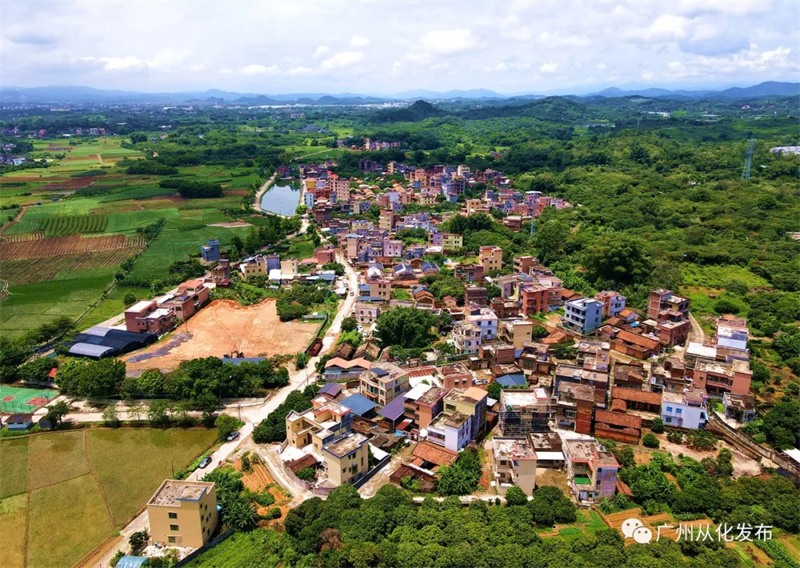
Located to the east of Aotou town in Conghua district of Guangzhou, capital of South China's Guangdong province, Xiaokeng village has gone through major changes to achieve prosperity under the Party leadership.
With a total population of over 3,700, most of whom are surnamed Liu, the village enjoys an advantageous location by the exit of Aotou station of the Beijing-Hong Kong-Macao Highway. Its name, meaning "a small river", comes from the fact that it is embraced by a river combined by three streams at the entry of the village.
Party building brings better development
In 2017, Aotou town rectified the teams of both the village Party committee and the village committee. The building of self-governance was strengthened so as to provide better services for the villagers.
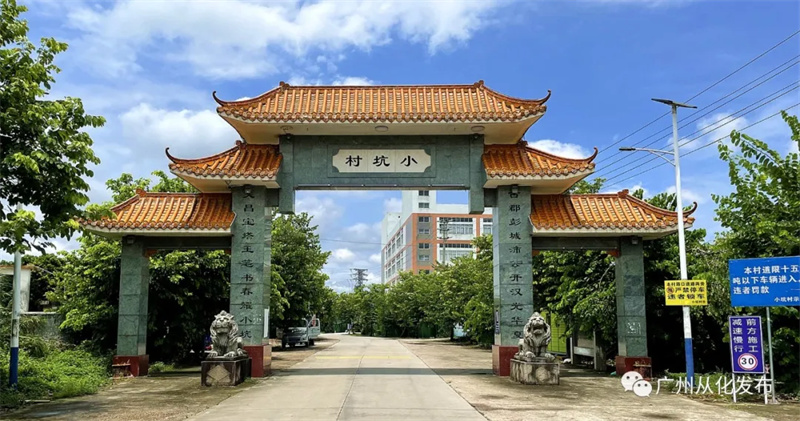
Since 2018, major efforts have been made to improve the village's environment. A total of 18,000 square meters of illegal buildings have been dismantled and 15 small, scattered and poorly-managed swine farms closed. Facilities, such as high-standard farmland, basketball courts and sewage pools, as well as 600-plus road lamps, were built.
Cultural relic preservation strengthened
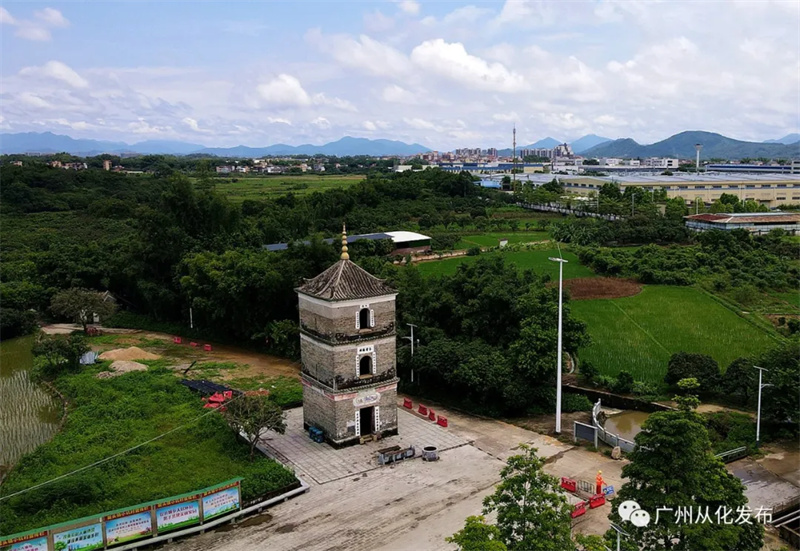
Wenchang Tower, a landmark of Xiaokeng village, was built at the end of the Ming Dynasty (1368-1644) and was sponsored by a Liu ancestor of the village. Square-shaped and three-floored, with a total height of 23 meters, the tower is still in good shape thanks to regular maintenance over the years. The latest major renovations were in 1996, when the main structure of the tower was upgraded from wood to cement masonry.
Vegetable farm set to bring prosperity
Adjacent to the Beijing-Hong Kong-Macao Highway, Xiaokeng village enjoys great opportunities as part of the business development section of Aotou town, and has attracted a group of new-type agricultural enterprises.
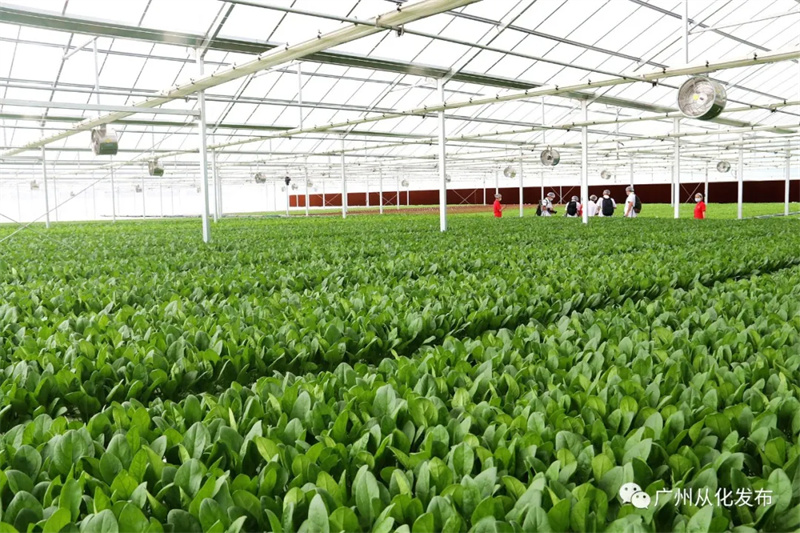
Take Huarui Lyuyuan plant, for example, at 3,168 square meters, it is a large vegetable farm that is adopting modern technology and yielding premium quality green vegetables, which are sold to Hong Kong and high-end grocery stores and restaurants in Guangzhou. Its estimated annual vegetable output is between 80 and 100 tons, and it has an average annual output value of over 630,000 yuan ($97,461) per mu, as well as a total annual output value of over 3 million yuan.
Business development brings employment opportunities to local residents. A job close to home is always a big plus, as said by Yang Haiyu, a villager works at the plant, “It brings me such happiness to have a job right by my home.” According to the plant manager, the plant has six full-time local employees, and they hire more part-time staff when work demands, totalling around 70 people per month.
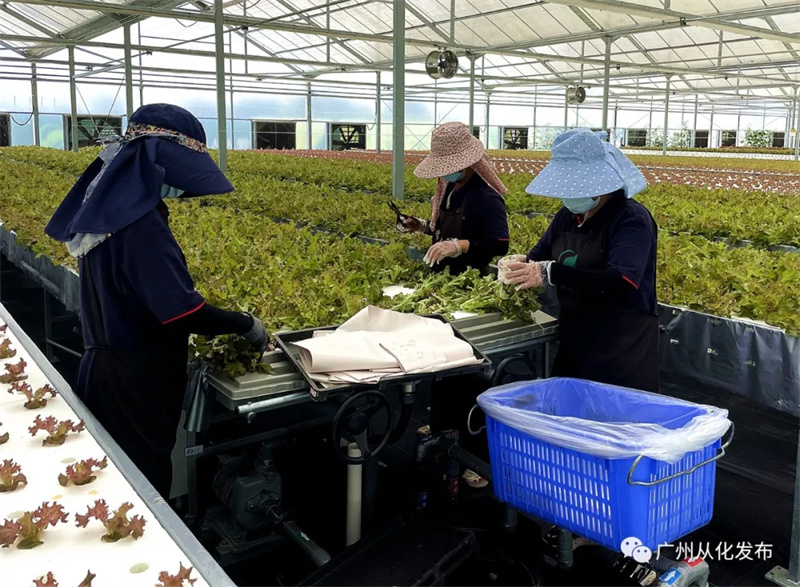
Other projects, such as the growing of orchids and establishment of green swine farms, have been introduced to Xiaokeng village, with the hopes of leading villagers to greater prosperity.
